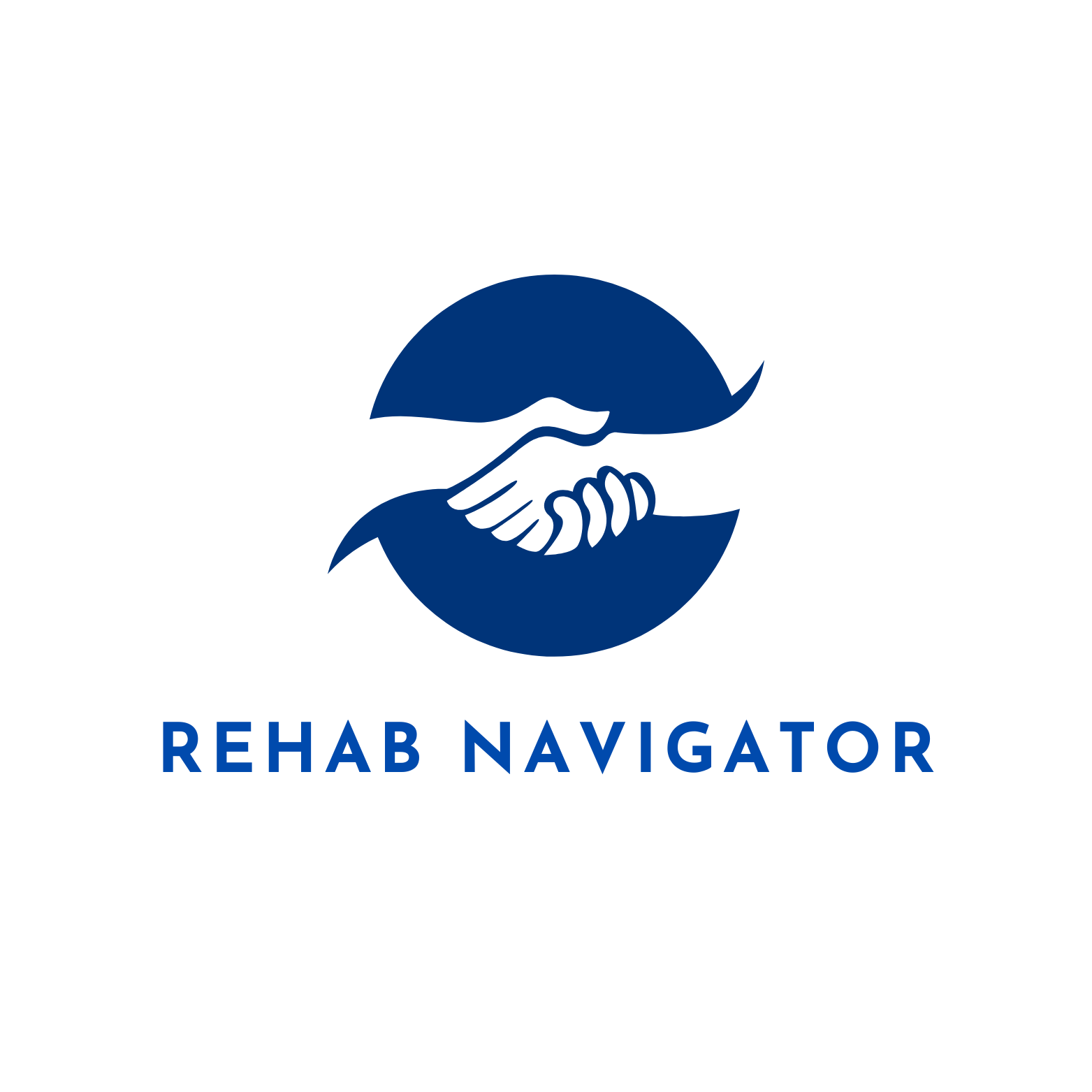How to Help Someone Who Has Relapsed on Drugs or Alcohol
- Yasmin Maghsoudloo
- Feb 22
- 3 min read

How to Help Someone Who Has Relapsed on Drugs or Alcohol
Relapse can be a challenging and emotional experience for both the individual struggling with addiction and their loved ones. While relapse is often part of the recovery journey, knowing how to offer effective support can make a significant difference in helping someone get back on track. Here are practical steps to guide you when helping someone who has relapsed on drugs or alcohol.
1. Understand That Relapse Is a Common Part of Recovery
It’s important to recognize that relapse does not mean failure. Addiction is a chronic disease, and like other chronic illnesses, it often involves setbacks. Relapse can provide valuable insight into triggers, coping mechanisms, and areas of recovery that need more attention. Approaching the situation with empathy and understanding instead of judgment can help your loved one feel supported rather than ashamed.
2. Stay Calm and Composed
Learning about a loved one’s relapse can evoke strong emotions such as frustration, sadness, or anger. However, reacting impulsively or with blame can exacerbate the situation. Take time to process your feelings before discussing the relapse. Approaching the conversation with a calm, nonjudgmental demeanor will encourage openness and create a safe space for dialogue.
3. Start a Compassionate Conversation
When you’re ready to talk, choose a private, distraction-free setting. Use “I” statements to express your concerns without sounding accusatory. For example, say, “I’ve noticed some changes in your behavior, and I’m worried about you,” rather than, “You’ve messed up again.” Listen actively and avoid interrupting. Let your loved one share their thoughts and feelings about what led to the relapse.
4. Avoid Enabling Behavior
While it’s natural to want to protect your loved one from the consequences of their actions, enabling—such as covering for them, making excuses, or providing financial support—can hinder their recovery. Instead, focus on offering help that encourages accountability and reinforces the importance of seeking treatment.
5. Encourage Professional Help
Relapse often signals the need for additional support, whether it’s returning to treatment, seeking therapy, or joining a support group. Encourage your loved one to connect with professionals who can guide them through this challenging time. Options might include:
Detox programs: To safely manage withdrawal symptoms.
Rehabilitation centers: For structured treatment.
Therapists or counselors: To explore underlying issues and develop coping strategies.
Support groups: Such as Alcoholics Anonymous (AA) or Narcotics Anonymous (NA) to build a supportive recovery community.
6. Help Them Identify Triggers and Plan for Prevention
Relapse often occurs due to triggers, which can include stress, environmental cues, or emotional challenges. Work with your loved one to identify their specific triggers and discuss strategies to avoid or manage them. Encourage them to develop a relapse prevention plan that includes:
Healthy coping mechanisms (e.g., exercise, mindfulness practices).
Building a strong support network.
Regular therapy sessions or meetings with a recovery coach.
7. Be Supportive but Set Boundaries
While offering support is essential, it’s equally important to set boundaries that protect your own well-being. Communicate your limits clearly and stick to them. For example, you might decide not to provide financial assistance if it’s likely to be used for substances. Healthy boundaries can help both you and your loved one focus on their recovery.
8. Take Care of Yourself
Supporting someone who has relapsed can be emotionally draining. Ensure you prioritize self-care and seek support for yourself if needed. Consider joining a group like Al-Anon or Nar-Anon, where you can connect with others facing similar challenges. Maintaining your mental and emotional health will better equip you to help your loved one.
9. Focus on the Positive
While relapse can feel like a setback, it’s important to acknowledge and celebrate your loved one’s previous progress. Remind them of how far they’ve come and reinforce the idea that they can overcome this obstacle. A positive outlook can boost their motivation to recommit to recovery.
10. Stay Patient and Hopeful
Recovery is a lifelong process, and it’s rarely linear. Patience is key when supporting someone who has relapsed. Encourage them to take it one day at a time, and remind them that setbacks don’t define their worth or their ability to recover.
Relapse is a difficult but manageable part of the recovery journey. By responding with empathy, encouraging professional help, and setting healthy boundaries, you can provide meaningful support to your loved one. Remember, recovery is possible, and with the right guidance and resources, your loved one can get back on the path to a healthier, substance-free life.




Kommentarer